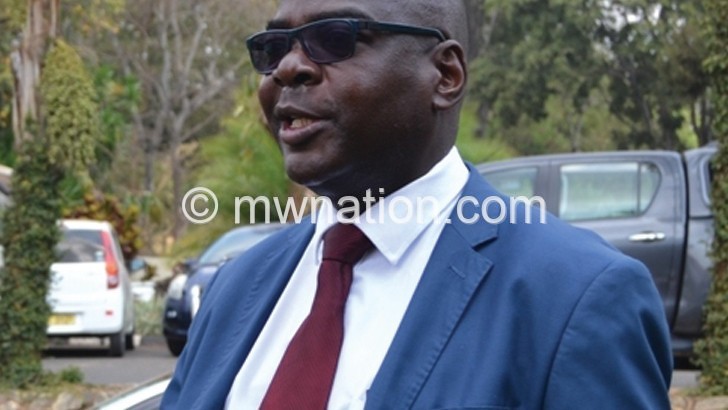Sadc telco regulators yearn for satellite technology adoption
The Malawi Communications Regulatory Authority (Macra) and fellow regulators in the Southern African Development Community (Sadc) plan to scale-up satellite telecommunication technology to attain universal access to services.
The development follows Macra’s hosting of the World Radio Conference 2023 (WRC-23) preparatory meeting in Lilongwe on Tuesday, which attracted virtual and physical participation of fellow regulatory authorities from 16-member Sadc bloc.

Sadc WRC-23 process co-chairperson Patrick Musiyapo said the past decade has seen Malawi and the rest of the region neglect adoption of satellite services because fibre optic has been regarded as cost-effective in terms of bandwidth and costs.
He said: “Satellite services were deemed expensive and we had not put much interest and resources.
“But now in the advent of new technologies like throughput satellite, it has shown that we can transmit much good speeds and bandwidth competitive to fibre optic.”
Musiyapo said with one satellite beam, many areas can easily be reached regardless of topography; hence, the focus is now tilting towards adoption of satellite.
On his part, Ministry of Information Principal Secretary Francis Bisika said most reliable communication services are now relying on satellite; hence, Malawi and the region should move with time.
He cited issues such as Google maps and other technologies that rely on satellite which require member States to have a big say on how satellite resources are utilised within the region.
“We are doing well in terms of the uptake of telecommunication services, but there is room for improvement going forward,” said Bisika.
Macra director of finance Ben Chitsonga said Malawi is prepared for the WRC-23 to be held in Geneva, Switzerland and the meeting was aimed at setting up a common agenda.
He said the issues of spectrum, among other things, will be discussed to ensure a harmonised approach for service provision to consumers.
Sadc secretariat senior ICT programme officer George Ah-Thew urged the regulators and industry players to facilitate trials or pilot studies in the Sadc region of systems that have the potential to provide universal connectivity.
He noted that it is possible that tariffs for broadband Internet access via mobile networks is hindering a large portion of Sadc population out of connectivity reach.
In 2020, the Sadc population coverage by a mobile network was 88 percent while average population coverage by at least 3G mobile was 80 percent whereas a 4G mobile network was 54 percent.
Sadc region is in the early stages of 5G trials with deployments in Lesotho, Seychelles and South Africa.





